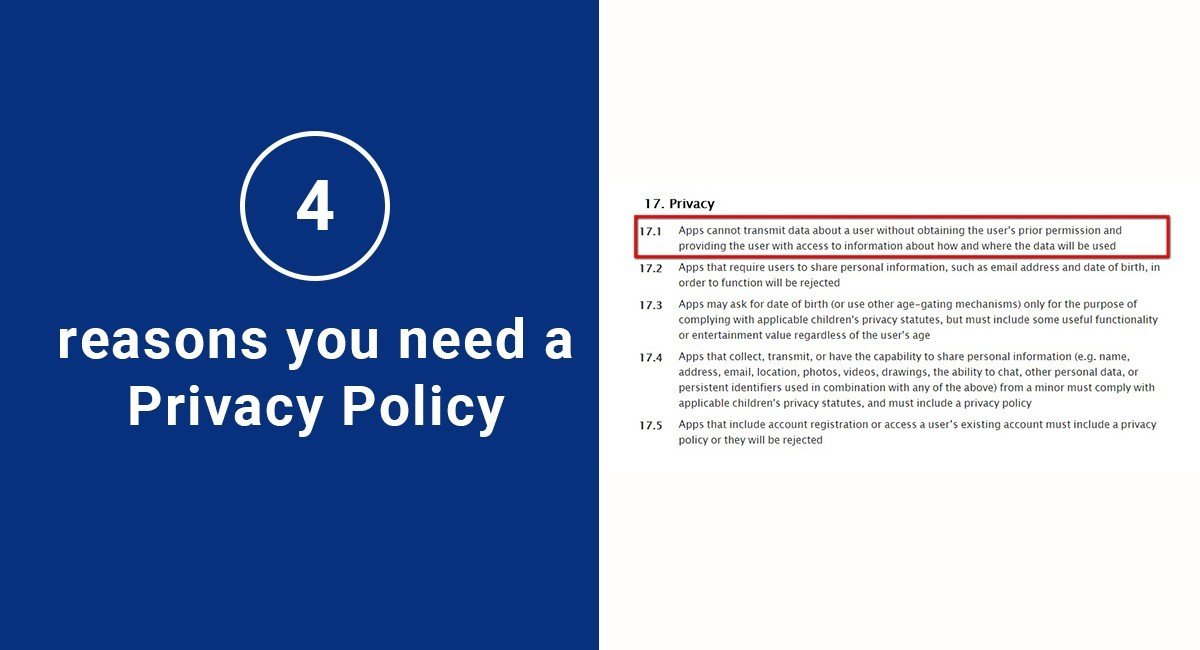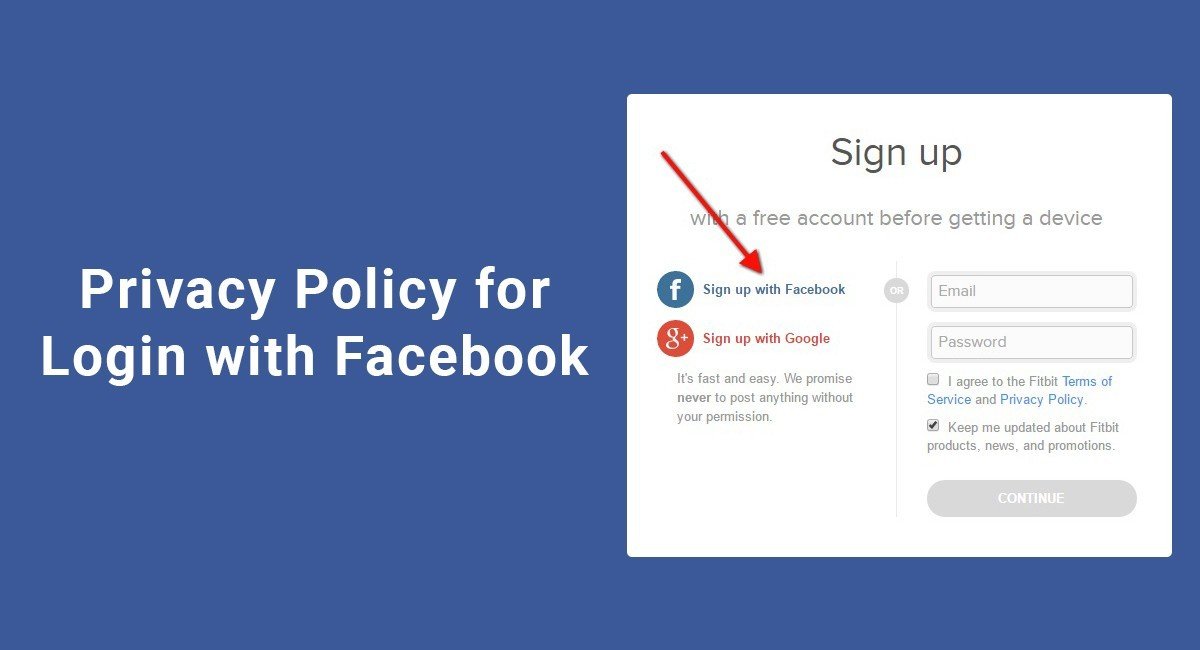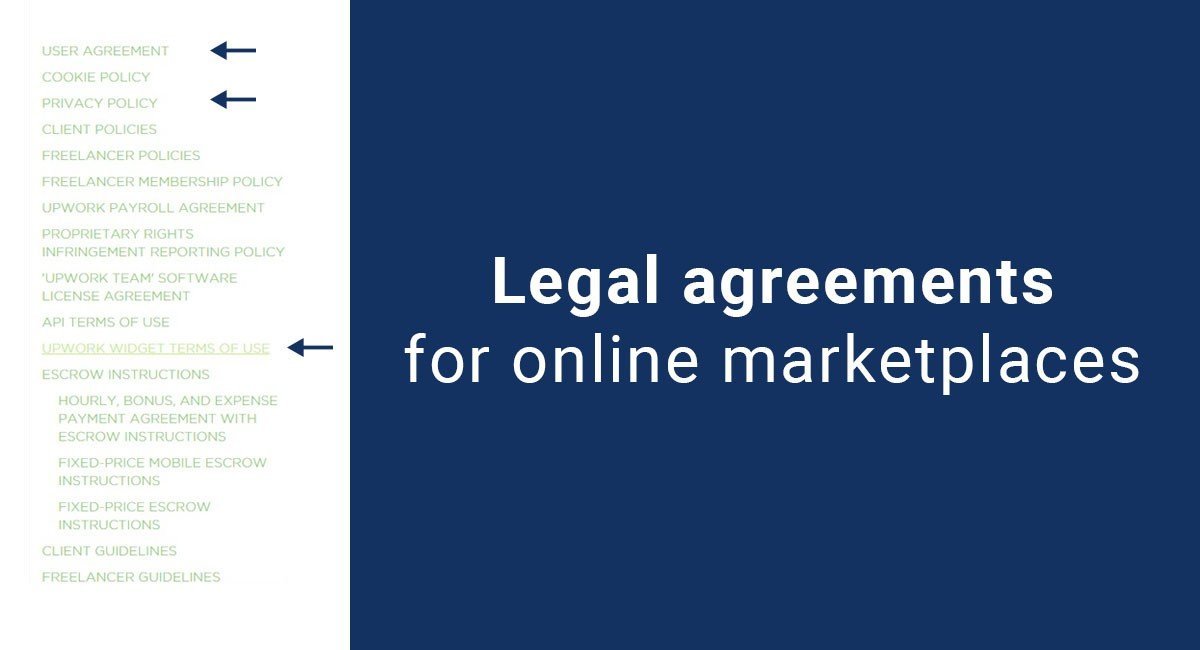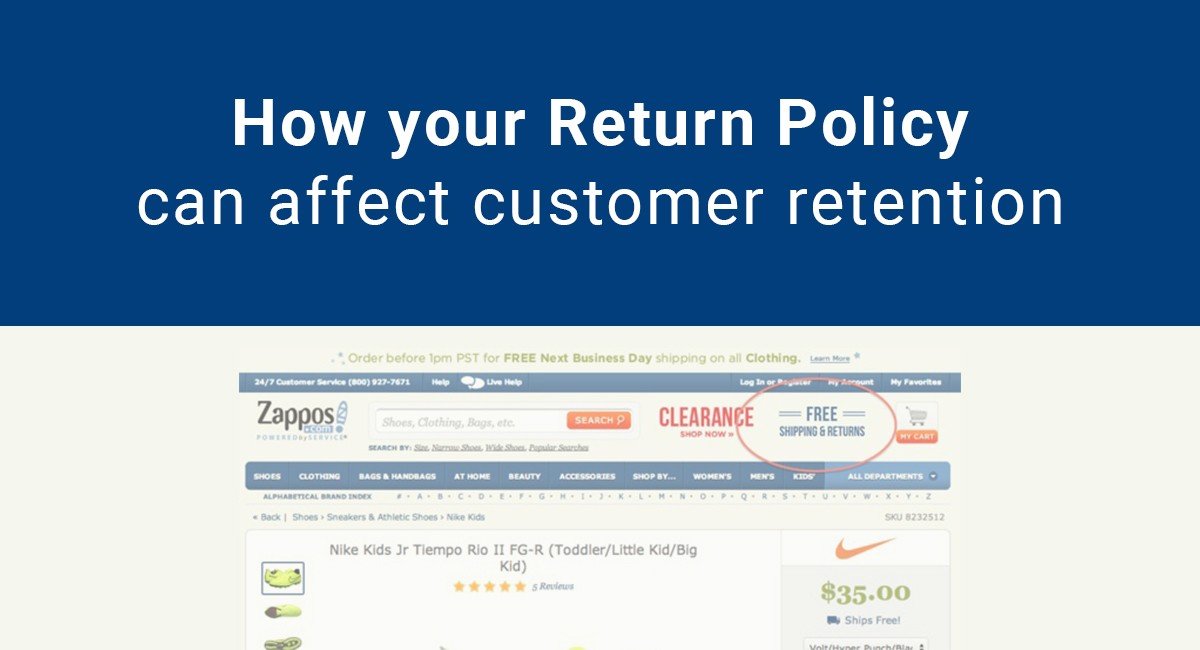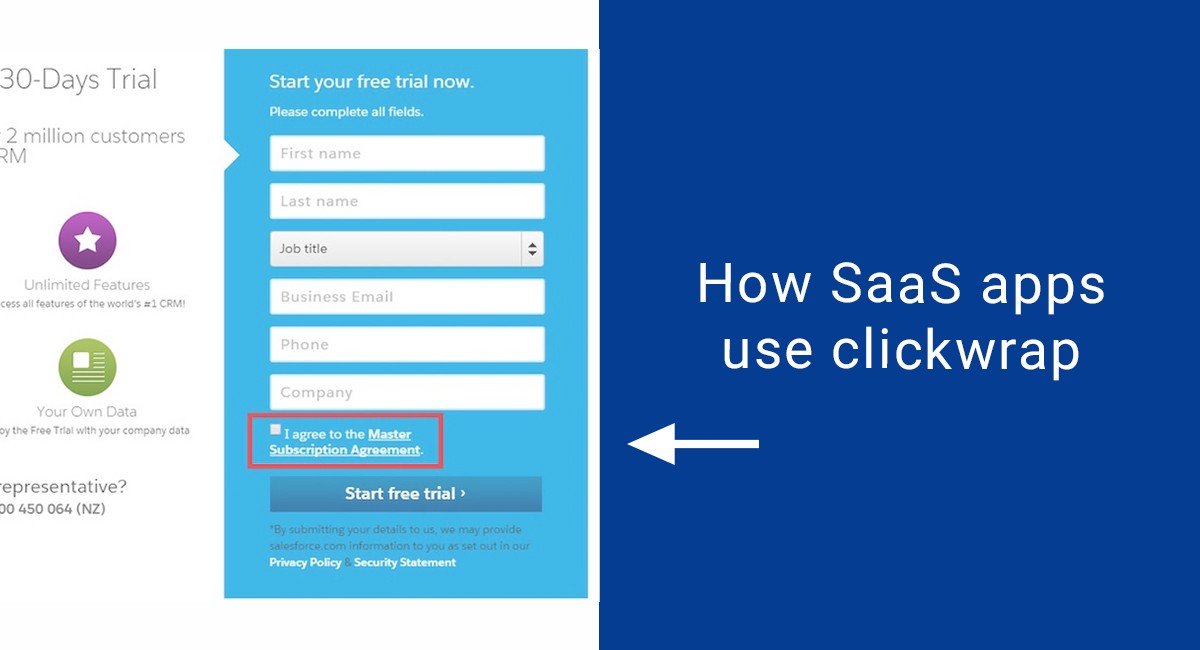Blog - Page 53
Legal articles in easy to understand language.
4 Reasons You Need a Privacy Policy
A Privacy Policy is probably one of the most important legal agreement for your online business, regardless how or where you operate: website, mobile app, desktop app and so on. There are a number of reasons why you should always have one in place. Here are our top 4 reasons why...
Privacy Policy for Login with Facebook
Facebook Connect or "Login with Facebook" is the button that allows Facebook users to use their accounts to log in at or create accounts with other websites. Login with Facebook works with over 15,000 other websites and allows for increased and more efficient interactivity between users and websites. For example, if you...
Translating legal agreements
With most online businesses being easily accessible to users all over the world, issues of translation can quickly arise. When should you translate your website content or legal agreements, such as your Terms and Conditions and Privacy Policy agreements, into other languages? When are you legally required to provide a translation? Laws...
Legal agreements for marketplaces
An online marketplace is a website or e-commerce site where people are able to find products and services that are provided by a number of different people, vendors, or companies, all in one convenient place. Imagine a brick and mortar marketplace, such as a big farmer's market, where you have many...
How your Return Policy can affect customer retention
According to a study done by TrueShip, over 60% of customers review a Returns Policy before they make a purchasing decision. Cart abandonment is already a common problem for retailers, so anything that you can do to retain customers during the purchasing process should be a high priority. Specific features of your...
How SaaS apps use clickwrap
Most SaaS apps rely on personalized customers' accounts that they'll use to access the application. These personalized accounts for each customer heavily rely on the personal information of the users creating the account, allowing the user to interact with your application. The business operating the SaaS application essentially create a license for...
